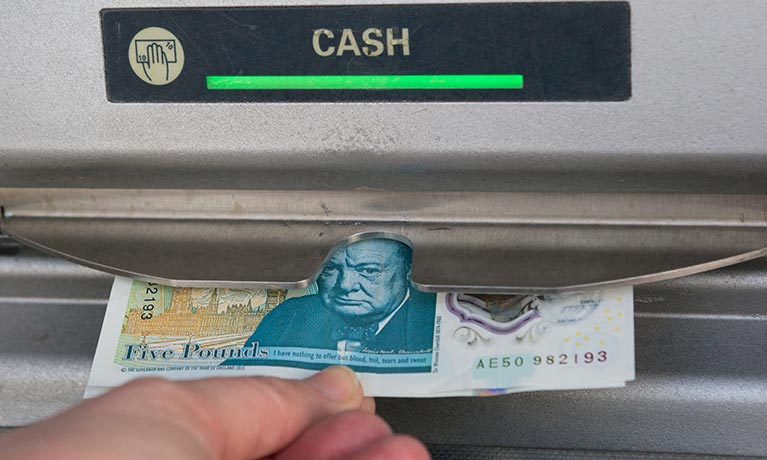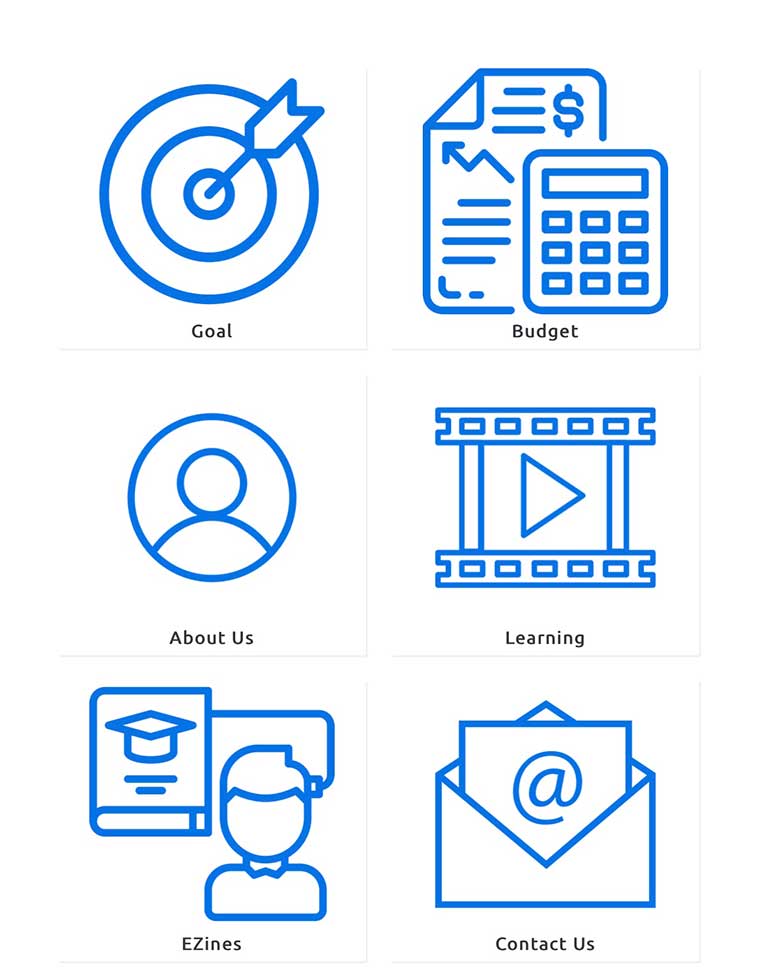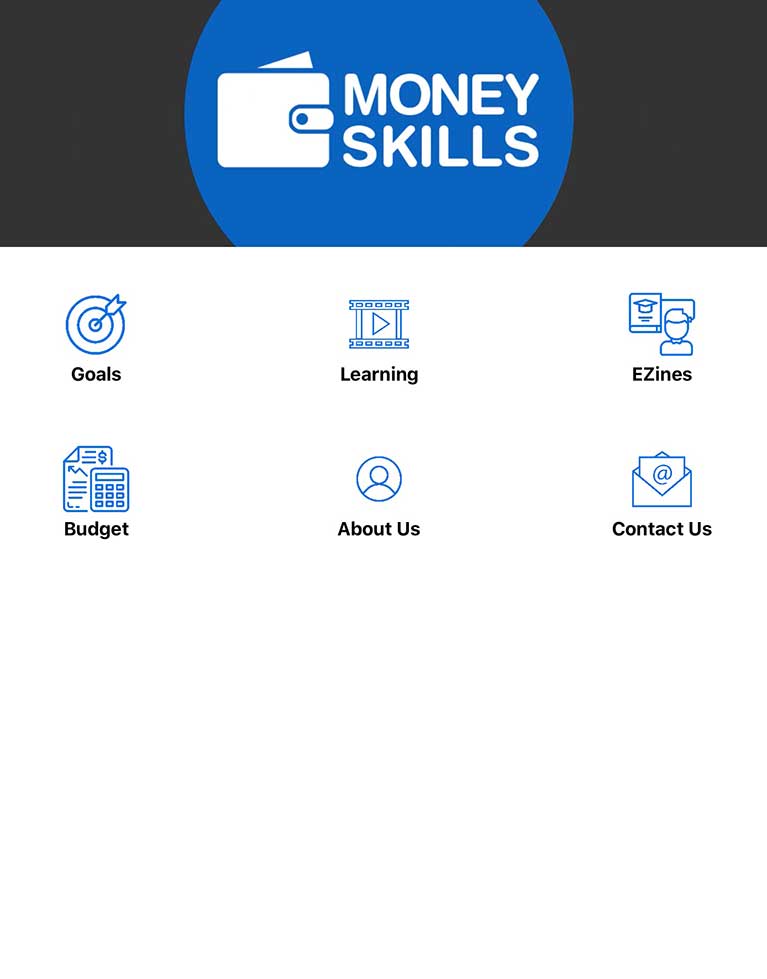By Dr Lindsey Appleyard and Professor Sally Dibb
The coronavirus pandemic has triggered a significant shock to the global and UK economies, resulting in the closure of schools, businesses and job losses. Even before this current crisis, figures from the UK Financial Conduct Authority suggested that around half of UK households are financially vulnerable, with little or no savings to fall back on if they suffer a financial shock. It is no surprise then that many individuals and households whose incomes have been severely impacted by the fallout from Covid-19 are also feeling this economic shock. So what can you do to support your financial wellbeing in these challenging times?
Policy makers often suggest that improving financial capability is the solution to improving our financial wellbeing. They argue that educating the public can help us to manage our money well; increase the use of affordable credit, such as from credit unions or Community Development Finance Institutions (CDFIs); and help us to build a savings buffer.
But we argue that individual financial responsibility is only part of the solution. Government, financial services, regulators, employers and service providers, such as energy providers, should all routinely work together to support people in difficult financial times; not just at a time of national crisis.
Our research
We carried out research as part of the Money Advice Service ‘What Works?’ programme. Our findings that financial planning is crucial to protecting our financial wellbeing, including for those on low or fluctuating incomes. In line with other evidence, we also find that the UK public is generally reluctant to discuss money issues. Yet being more open to talking about financial issues can make a big difference, especially in difficult times. Opening up about our money concerns and being ready to have conversations about money, especially with those we care about, can be very empowering. These conversations can help us to discuss financial priorities, enabling us to set financial and life goals, and find solutions to reduce spending, repay our debts and get into the habit of saving. Far from being restrictive, these actions play a crucial role in helping to get in control of our money and open up opportunities to achieve our goals. Perhaps this period of social distancing provides the perfect opportunity to start such a conversation.
Several other pointers for managing money emerged from our research. These findings are especially pertinent in the current crisis. Knowing how to budget, understanding your day-to-day expenditure, and working out how to save, can help put you more in control of their money. Setting specific financial goals that are tailored to your personal situation, can help you to balance what you want in the short-term with longer-term needs and aspirations. Building a small pot of savings is vital for everyone, even if your income and job look secure at the moment. As Covid-19 has already shown, you never know when things might change.
Our research has also shown that most of us can make small manageable changes to our lifestyles, to enable us to make savings in times of need. These changes might include cancelling subscription services that you no longer need, getting a refund on your train season ticket, or looking for a cheaper energy deal. Perhaps you have noticed how much you have already saved on expensive take-out coffees following the enforced closure of our coffee shops. Just imagine how much this could mount up over time.
Help and guidance
To support people to build their financial wellbeing and resilience, we have developed a free to use App, called MoneySkills, to support people to make small changes to enable them to make a big difference.
The MoneySkills app provides content on budgeting and saving through:
- short video clips;
- E-zines; and
- an interactive budget planner.
MoneySkills provides you with an interactive tool to help manage your finances on the go. You can use it to learn how to budget, set financial goals that help you work towards short or longer-term life goals, or to help you start routinely saving. Perhaps this period of lock-down is the perfect opportunity to use the App to health check your finances.
MoneySkills is available free on iOS from the App store or for Android from Google Play Store and also as a web based application.
Finding a solution to money issues that works for you can be difficult. The Money and Pensions Service has put together some guidance specifically geared to help individuals and businesses navigate the Covid-19 situation.
If you are in financial difficulty or need specific guidance, there are free, confidential independent organisations that can provide help:
The Money Advice Service
Tel: 0800 138 7777
WhatsApp: Add +44 7701 342744 to your WhatsApp and send a message
Read the COVID dedicated article.
Stepchange Debt Charity
Tel: 0800 138 1111
Read Stepchange’s advice on debt and coronavirus.
National Debt Line
Tel: 0808 808 4000
Coronavirus advice and support.
Business Debt Line (For business and self-employed)
Tel: 0800 197 6026
Coronavirus advice and help.
By Dr Lindsey Appleyard and Professor Sally Dibb from the Centre for Business in Society (CBiS), Coventry University.







Comments are disabled